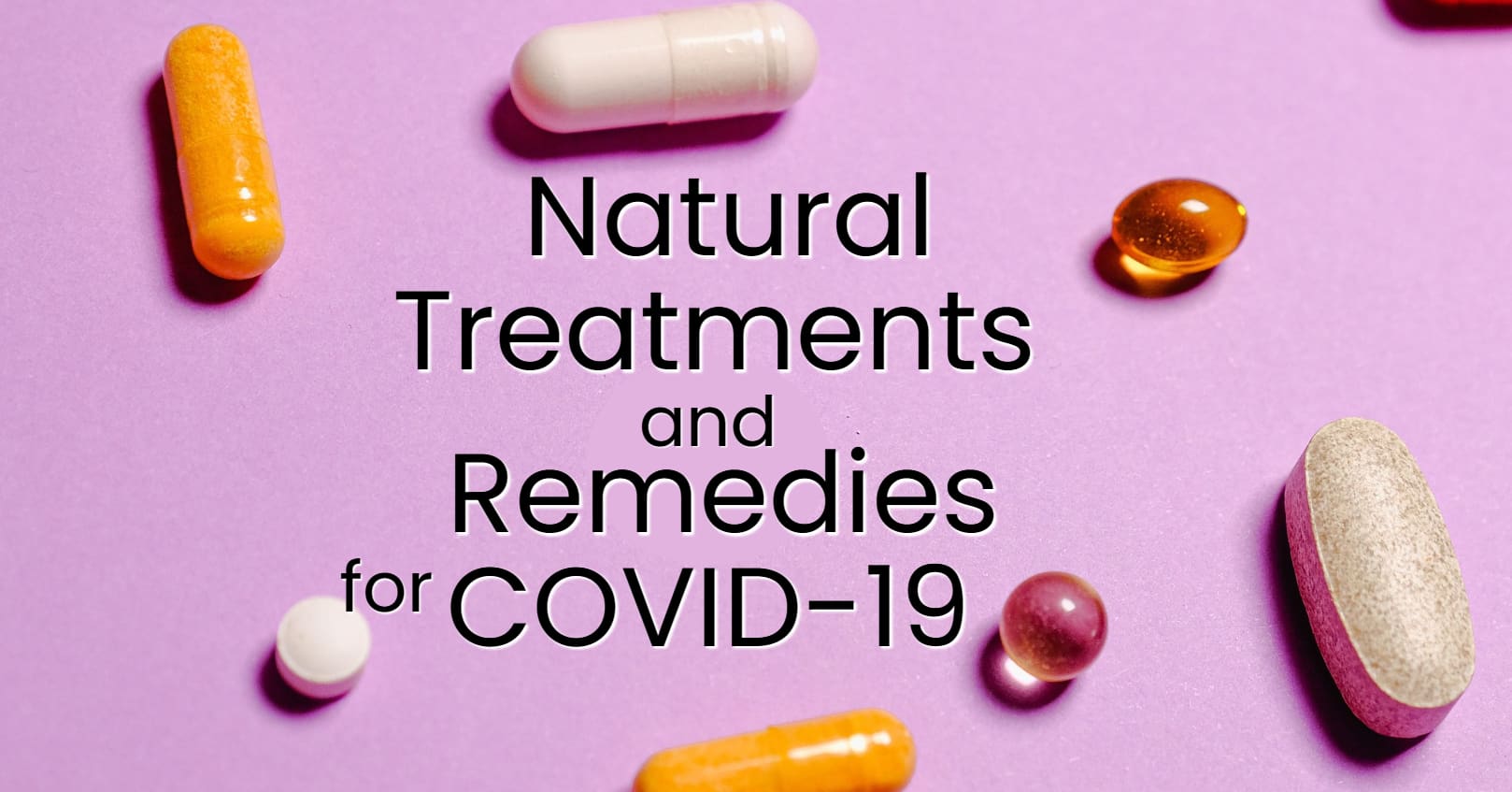
When my oldest daughter became sick this past week with a respiratory illness, we were a little concerned that she might have the coronavirus. We didn’t really worry because at her age and health status, she is far more likely to die of a gunshot, car accident, or heart attack than the virus, but we didn’t want to sit back to wait to see if it got bad because there is always a small percentage chance that it could become serious.
Fortunately, my sister had already put together a COVID-19 regimen for such a moment, one that we planned to follow immediately when anyone in our family develops flu-like symptoms. Our goal is not to cover up symptoms with over-the-counter pain relievers, but to help the body heal itself from the inside. So if you’re interested, here’s what you can try before you even know if you have the dreaded coronavirus. (But obviously, if you can’t breathe, get to the hospital!) DISCLAIMER: My sister is not a doctor, and neither am I, so do your own research. Click on any picture to see where to buy.
Background
These herbs and vitamins came to our attention through years of use, by recent study, and also through witnessing several families in my sister’s neighborhood who all got COVID-19. Some didn’t get it as bad as others, but they all felt relief using the items below, and none were hospitalized, so that was enough to spur us to more research.
My sister did most of the research and has included additional foods and herbs on a list she is working on, as well as links to pages that explain why these things work, so I’ll include a way to get that info when she’s finished. In the meantime, simply use the DuckDuckGo search engine and look each item below yourself. (Google seems to hide alternative methods, which I suspect is due to the raging political climate at the moment.)
The Regimen
Vitamin C
Take 10,000-20,000 mg of Vitamin C throughout the day. If a COVID test is positive, the higher end is better, but ONLY to bowel tolerance. Which means if you start getting diarrhea, back off a bit until it goes away. Vitamin C is water soluble and the excess will come out in your urine. We alternate with two kinds, a regular one and a liposomal one, which is more absorbable. Below are some examples:
Zinc
Take 75 mg a day once, but not longer than a week or so. Zinc allows the body to produce the active T cells, and is helpful with many respiratory diseases.
Fish Oil
Take 5,000 of DHA of fish oil each day. There are many brands of fish oil, but we use this one because its hard to get enough unless it’s concentrated as much as this one. This brand also pays attention to cleaning out the mercury. Take 3 tablespoons + 1 teaspoon daily throughout the day. The best thing to do is to take it when you are coughing a lot and you should get relief soon. (Incidentally, I take the gel caps of this every day anyway to keep my knees pain free and to starve off pain in my arms from typing too much.)
Vitamin D-3
It’s really best to get your Vitamin D through twenty minutes of sun every day (in your swimsuit with no sunscreen—yikes!), but otherwise take 5,000 ul daily when you get sick. Vitamin D isn’t soluble, though, so unless you are low, you wouldn’t want to take this long term, just while you’re sick. As I don’t get much sun on a regular basis on many days, and I’ve been tested low on it, I often take 2000 IU every other day when not sick, unless I know I’m going to be outside. Vitamin D boosts your immune system and also improves mood. Studies have proven that those low on Vitamin D tend to get Covid-19 more severely.
Quercetin
Take 250 to 500 mg twice a day. Also found in some herbs (cilantro) and in cranberries, kale and onions. Read more about quercetin here.
Liposomal Glutathione
Take 700 mg a day while sick. Helps protect your lungs.
Melatonin
Take 5 mg of melatonin nightly. Should be 2-3 hours after your last meal and 1-2 hours before you sleep. This calms your immune system down.
Selenium
Take 200 mcg of Selenium but ONLY while you are sick. You can overdose on this, so be careful. You can get this from Brazil nuts, so maybe eat a couple a day right now. This may help prevent blood clots.
Postassium
Add 200 mg daily. For some reason those with Covid may lose their potassium faster than normal. Since it is recommended that people get between 3,500 – 4,700 mg a day anyway, you should get a bit extra while sick. Best if you get it in foods like bananas, beans, spinach, broccoli, avocados, sweet potatoes, watermelon, beets, grapefruit, and salmon (and many others). For instance, 100 grams of raw or cooked broccoli will give you between 196-343 mg of potassium. One medium banana will give you 422 mg. Try something new!
Ginger and Turmeric Tea and Hot Liquids
Ginger and Turmeric are anti-inflammatory, which is a big problem with any respiratory disease. Warm herbal teas will soothe throats, help with coughs, and generally make you feel better. The more you drink, the more you will thin the mucus and the less you will cough. I recommend not using ginger after dinner, though, or it might keep you awake. Other hot liquids can work also, even warm water (though that doesn’t have the anti-inflammatory properties).
Medical Treatments
There are medicines such as over-the-counter pain relievers and mucus reducers, and those can be useful for light cases of this virus. But keep in mind that pain relievers mask the problem instead of helping your body heal. Fever can actually help your body fight off a virus.
Obviously, if your breathing gets bad or your fever too high (or goes on too long), you should go to your doctor for help. Even if that is case, the encouraging news is that doctors have made great progress treating COVID-19.
My neighbor, recipient of a heart transplant, contracted the virus, even while staying as completely isolated as possible and wearing a mask. After a week he went into the hospital because he couldn’t breathe, where they gave him COVID-19 antibodies. A few days later he was home.
I also know people whose doctors have given them 200 mg of hydroxchloroquine twice a week, and they recovered well, some even when they thought they would die. This low dosage is taken within the first week of getting sick, along with zinc and azithromycin. (Note: hydroxchloroquine has been used safely in this low dosage for 50+ years for diseases like lupus and malaria prevention, even in my own family. Unfortunately, many recent trials with COVID-19 used toxic amounts which made some states start banning it, and big tech also began censoring any claims about it. This makes ZERO sense to me. It’s available only by prescription, so it’s not as if people can run out and overdose on it. I think the decision to use hydroxchloroquine or ANY DRUG should be between a patient and his doctor, not governors, political leaders, or big tech backers.)
Again, I am NOT a doctor, and you should really do your own research and talk to your doctor before you make health decisions.
In closing, my advice is to eat healthy, get some sun and exercise, stay home when you’re sick, keep a little space between you and strangers (even if you wear a mask), be kind to others, make things right with God, and be prepared with some of the above stuff in the back of your fridge. And above all, live your life and keep loving and enjoying your family and close friends. We all need love right now. Don’t let fear stop you from loving.
Oh, and my daughter is fine! She didn’t get a test, so we don’t know if it was the virus or not. If you’ve had success with these or any other treatments for COVID-19, please post them in the comments!





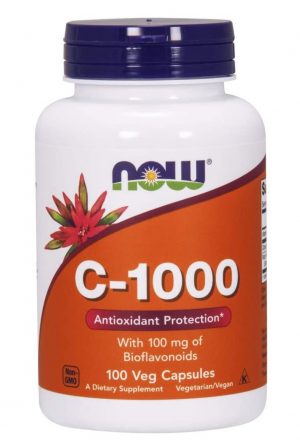
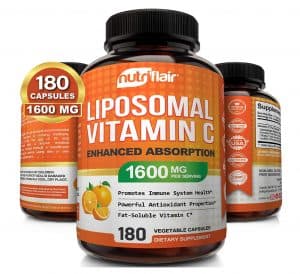
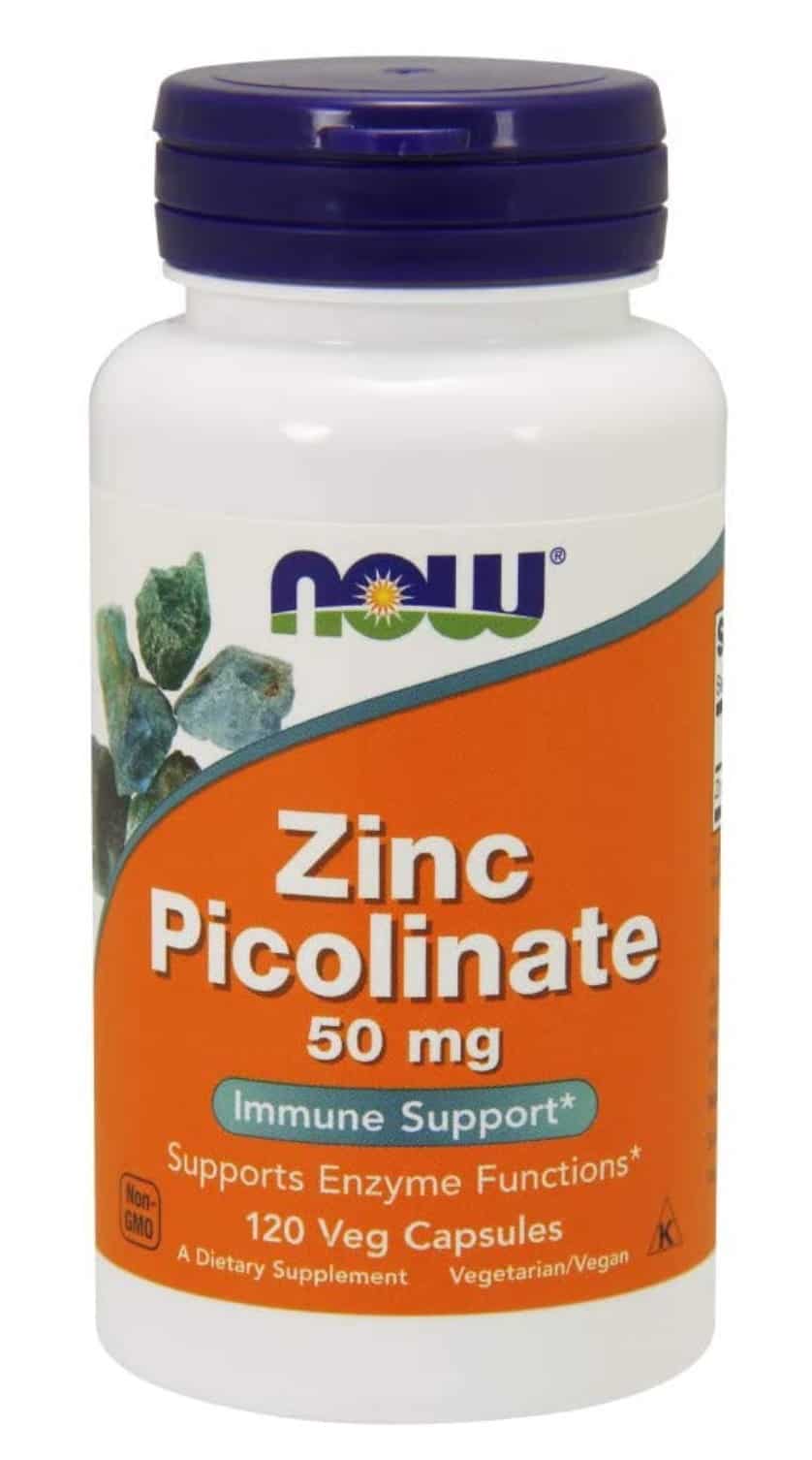
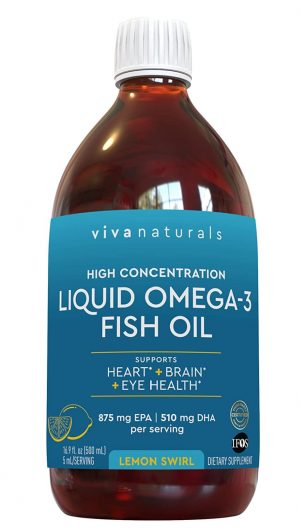
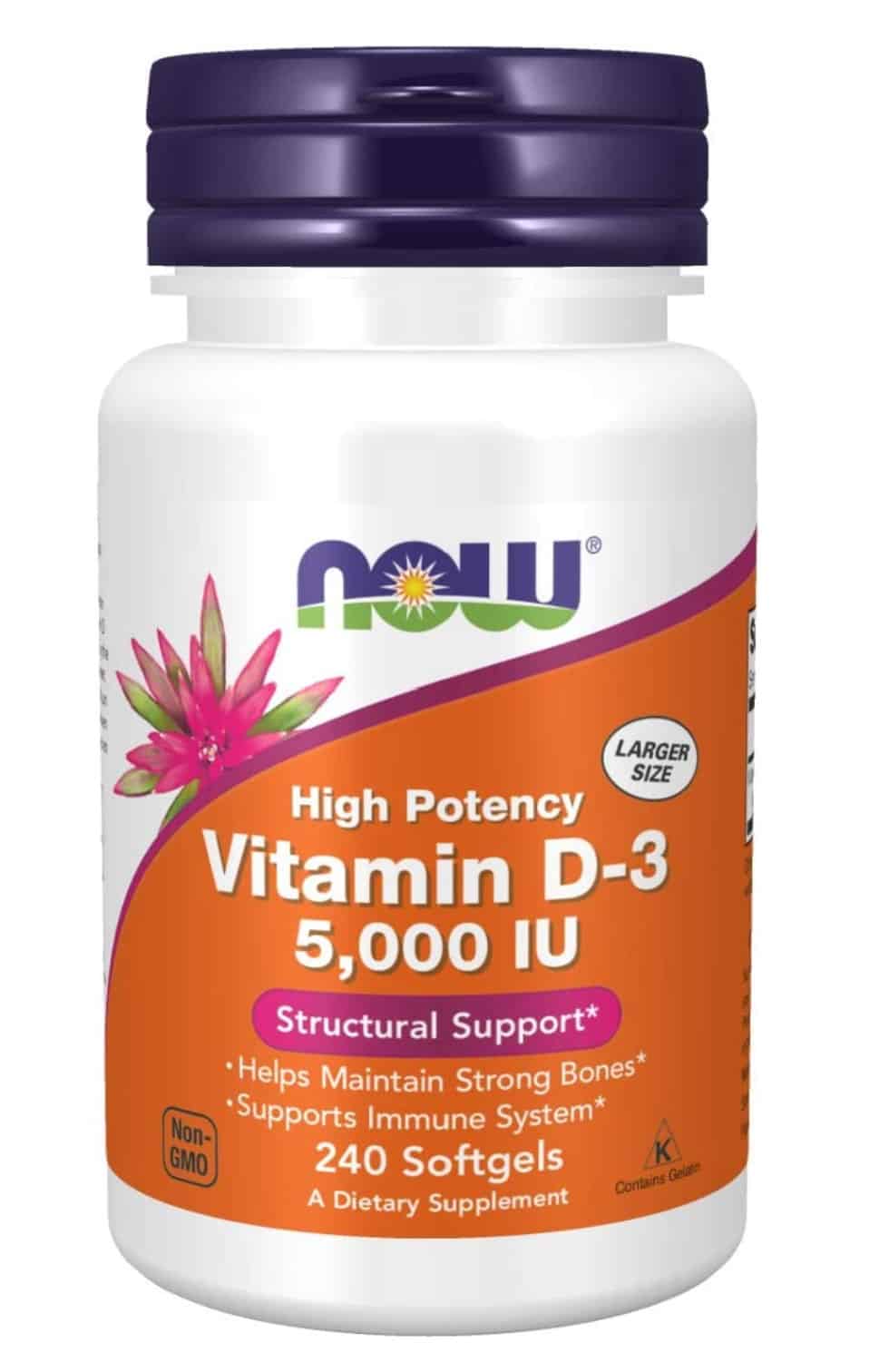
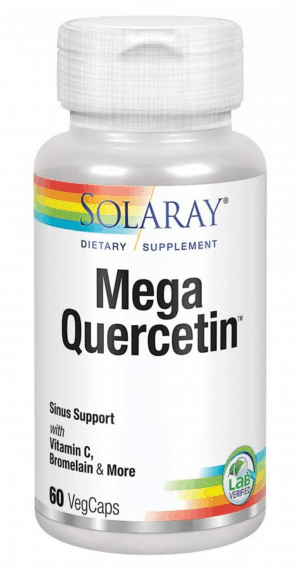
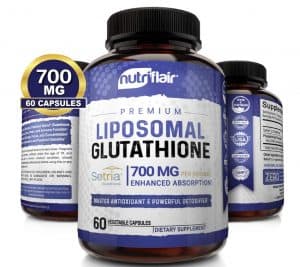


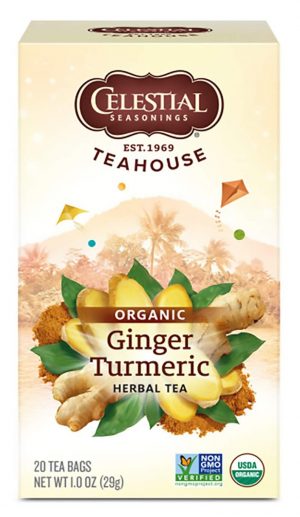
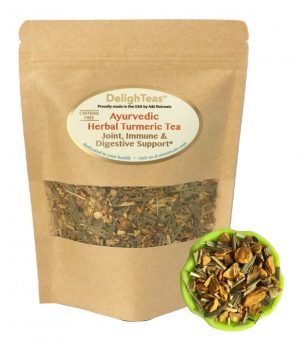
Elisha
Glad to see so many of the things I’ve been doing are on this list, although I’ve not been using most of these items in the form you’ve recommended. I’ll be doing some research on that for sure.
Thank you for sharing this with us!
Teyla Rachel Branton
You’re welcome!
Lourena P Phillips
My friend reccomended Peruvian tree bark extract an ancient treatment for malaria it is full of quinine, like hydroxychlorquine. I am not sure of the dosage but if I get it, I am going to try.
Teyla Rachel Branton
Interesting. I did read that the hydroxchloroquine is a bit safer than the straight quinine, but I really haven’t researched it, and I don’t know if that is true. Have you heard about that? My doctor will prescribe the hydroxchloroquine, so I just didn’t delve too much into it.
Melinda Chaffee
Are you in Utah? If so, I’d love to know the name of your doctor. Thank you for the list. I got it from a link your sister posted on a mutual friend’s similar list.
Teyla Rachel Branton
I can give you the name, if you’ll email me privately.
DrG
I know of most of the medicinal products that you mention. Turmeric is something that I use in most of my cooking. I have it on my toast for breakfast 4 days a week and buy it in the large dispensers. I have a fresh ginger root in our refrigerator right now and use it in my food preparation. Tonight, I’m drinking lemon and ginger tea. I’ve never run across the Glutathione but, given my frequent problems with coughs, I’ll look for it. I was already aware of the selenium and take it in a multi-vitamin. I knew of the since as well and do take a regular fish oil. I seldom have issues with sleeping but I do keep melatonin on hand just in case I have a bad night.
Teyla Rachel Branton
Sounds like a great way to get turmeric! I use cut ginger (steeped in water) every morning and it also helps with mood as well as inflammation and digestion. Fresh is best, but takes a lot more effort, lol. I am glad to hear that you don’t have issues sleeping. I often do, and right now it doesn’t matter so much because I can sleep in, but once the kids start back at school, I’ll have to be on my CBD oil or melatonin some nights. Thanks for your comments!
Carla T
I love this post – thank you for sharing it. My daughter is a chiropractor and she is teaching us about alternatives and natural supplements/herbs to regular medicines. She’s been telling us about higher dosages of vitamin c and she always says “to bowel tolerance”. Thank you again for sharing and tell your sister thank you for doing all the leg work lol. We appreciate you both.
Teyla Rachel Branton
You are welcome! It’s good to hear that other people have been finding these same answers. Thanks for posting!